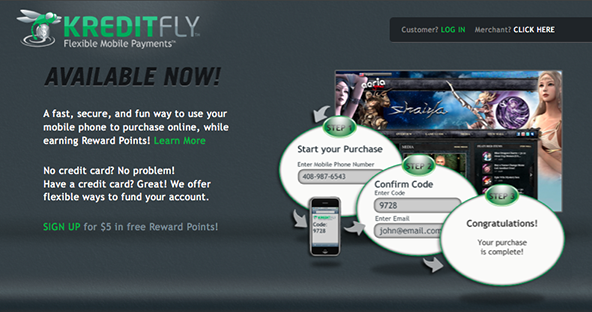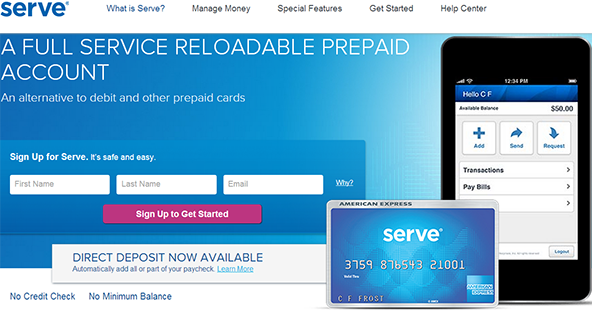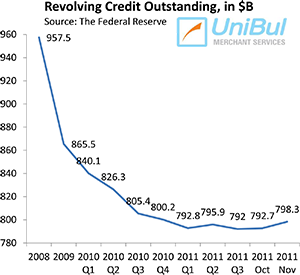New Start-up Cuts Carriers Out of Mobile Payments

KreditFly, a venture capital-backed start-up, has launched a new mobile payments service it hopes will eventually supplant premium SMS messages as the payment method of choice for completing small-amount online transactions from a user’s phone, we learn from a press release.
The new start-up is founded and headed by Paul Kim, who had previously founded and was the CEO of BilltoMobile, another mobile payments start-up that was spun off Danal, a Korea-based company specialized in the provision of digital contents and mobile payment services. Earlier this year Danal bought back BilltoMobile for close to $100 million and Kim launched his latest venture.
KreditFly aims to resolve the biggest issue with the premium SMS payment model: excessive fees, which can be as high as 50 percent of the transaction amount. Here is how KreditFly payments will work:
- Customer selects the KreditFly payment option at the checkout of a participating merchant’s website and enters his mobile phone number.
- Customer receives a 4-digit code on his mobile phone.
- Customer enters the code back into the payment form, along with his email address and the transaction is completed.
In order for the service to work, the merchant needs to have signed up for KreditFly. However, consumers can make payments even without a KreditFly account. What happens in such cases is that the start-up makes the payment and hopes that the customer will pay it back. The consumer has seven days from the transaction date to set up an account with KreditFly and make a payment with a credit, debit or prepaid card or by mailing cash or a money order to the company. Once you’re signed up, you have to keep funding your account, as the credit option is no longer available.
KreditFly is just the latest one of a new breed of start-ups whose business models are based on the belief that the customer will do the right thing. The new company can only be successful if a sufficient number of customers choose to repay the initial credit extended by the start-up. There is nothing that KreditFly can do, if you simply refuse to pay back the amount you owe.
Earlier this year Kwedit, another Silicon Valley start-up, launched its Promise service that enables consumers to receive goods immediately if they promise to pay for them later. If you keep your promise, your Kwedit score goes up and you can borrow larger amounts of money (initially you can borrow amounts of up to $5). Similarly to KreditFly, Kwedit will not go after you if you choose not to repay your debt.
It will be very interesting to see how successful this new business model will turn out to be. But are KreditFly and Kwedit actually entirely helpless against customers who refuse to pay? While they are unlikely to go legal, there are other actions the start-ups can certainly take against debtors. For example, they can broadcast a list of deadbeats (although they will probably use a more flattering term). Does anyone want to see his or her name on such a list? More to the point, can anyone risk his or her name to be seen on such a list?
Image credit: KreditFly.


